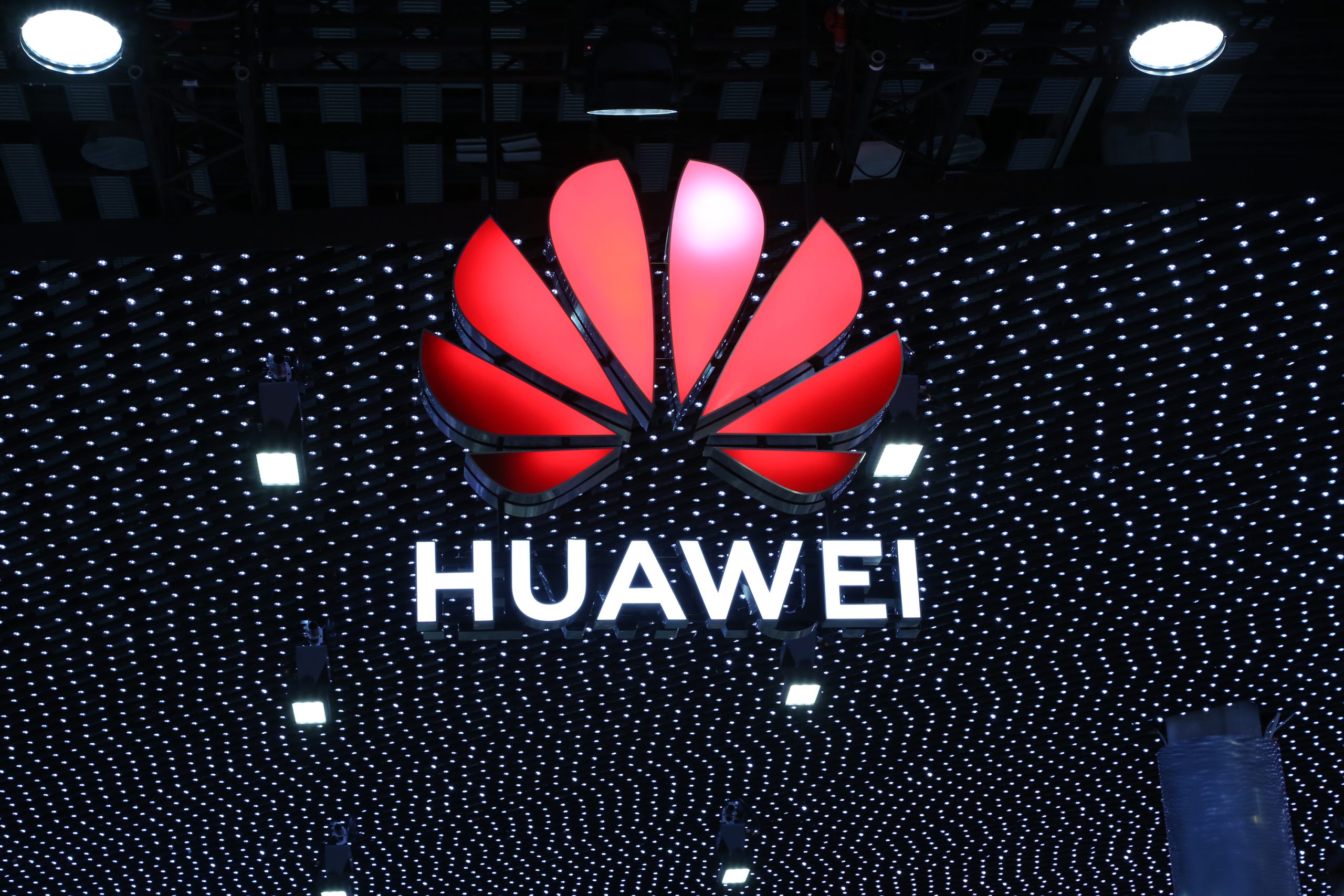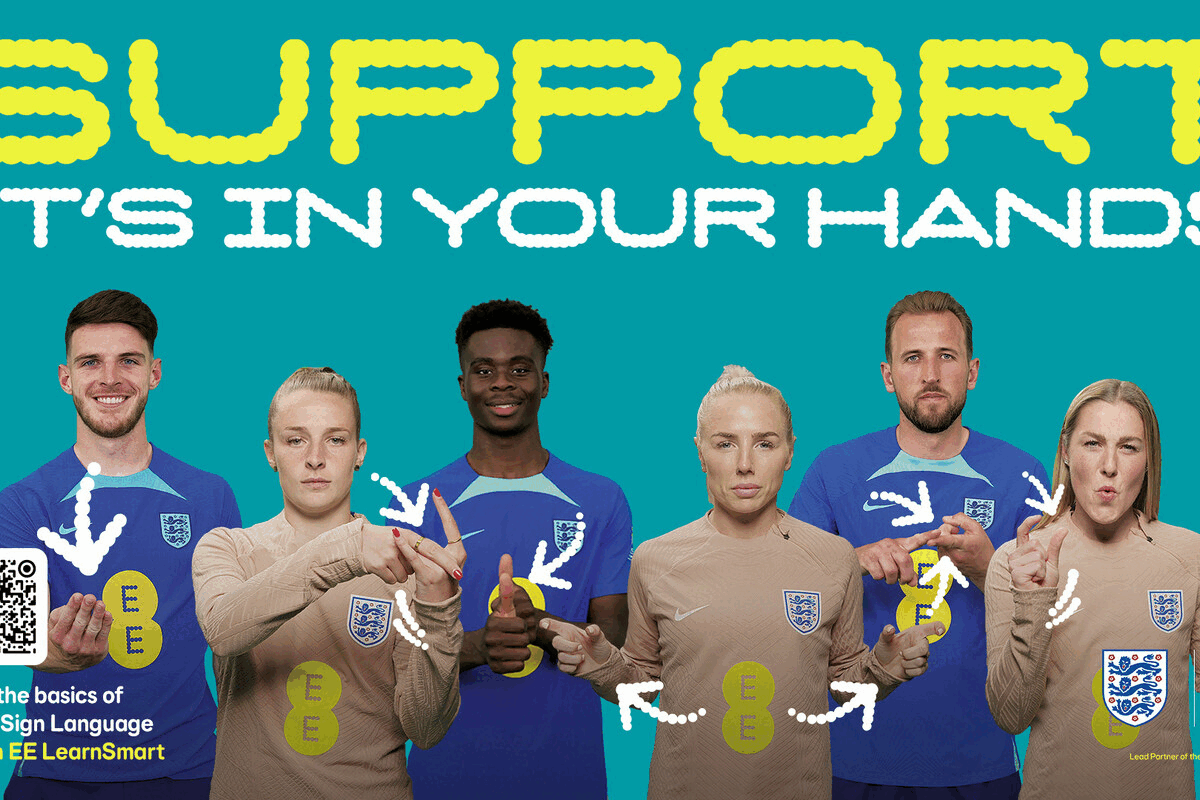It’s Goodbye Weve and Hello, er, Weve
- Wednesday, May 6th, 2015
- Share this article:
 The news that O2 is taking full control of Weve, with EE and Vodafone bowing out of the joint venture, signals the end of another mobile operator attempt at a JV. There seems to be something in their blood that prevents them from working together in a full and meaningful way.
The news that O2 is taking full control of Weve, with EE and Vodafone bowing out of the joint venture, signals the end of another mobile operator attempt at a JV. There seems to be something in their blood that prevents them from working together in a full and meaningful way.
Those with longer memories than me will be able to point to other examples, but the one that I recall most vividly was the launch, with fanfare, of the Wholesale Applications Community (WAC) at Mobile World Congress in 2010. Involving 48 companies in total, including 24 operators, WAC was designed to enable operators to get some control of the app market by creating an “open platform that delivers applications to all mobile phone users”.
But it never felt like anything more than a half-hearted, token gesture. There was little in the way of news or announcements from the organisation, and by July 2012, WAC was history, incorporated into the GSMA, with its technology assets acquired by Apigee.
And then we have Weve. People I have spoken to who had dealings with the company tell me it was destined to fail from day one in its JV form, as the child of Telefonica, always in conflict with its other parents. Push SMS campaigns were often clunky and untargeted, another told me, but it got off to a good start because it was an easy one-stop SMS service for lazy agency clients. Once the wallet was dropped last year, the writing was on the wall.
There are other, external reasons behind this week’s news, not least the fact that one of the partners, EE, is due to be acquired by BT, while O2 is set to be bought by Three. As Jon Mundy, UK MD at mobile ad firm Zapp360 put it: “I think it was something of an inevitability given the competing nature of the companies involved. There was always the feeling that each of the partners within Weve never really trusted each other with their data, which ultimately was the point of the Weve platform. Now that EE is moving over to BT and O2 is joining 3 it would have been unrealistic to have expected the Weve JV to have continued.”
Mundy added: “While the idea of using network data for targeting advertising is a holy grail for mobile, Weves difficulties show the challenges presented by networks who arent able to keep up with the rate of change and development.”
Opt-in or don’t opt-out?
For my money though, Weve’s biggest issue was, and still is, one that goes to the heart of any mobile messaging platform or campaign – engagement. Look at Weve’s website today and the company is still saying that it has “the ability to reach up to 23m consent-based customers”.
Now you might think that by “consent”, Weve is talking about people who have actively opted in to receive marketing messages, but in May 2012, O2 Media revealed that its O2 More database, which is what it fed into Weve, had seen significant growth to over 10m users since modifying its terms and conditions to make participation in the service opt-in by default. So rather than positively opting in to the service, O2 customers were being opted-in by default unless they actively opted out.
This is a massive difference in approach, and while it may be great for boosting top-line numbers so you can boast of having those 23m consumers signed up, it does mean that a large proportion of them didn’t so much positively opt in as not opt out, so are likely to be less receptive to the messages they receive via Weve. Which doesn’t bode well for repeat business and the platform’s long-term future.
On the subject of numbers, O2 has gone on record to say that after the EE and Vodafone data has been removed from Weve, there will actually be more names in the pot than previously – 31m compared to 23m. This is because the number of EE and Vodafone names being removed – Weve will not reveal how many – is being over-compensated for by the addition of O2 Wi-fi and O2 Priority members to the Weve data for the first time. The press officer I spoke to at Weve was not able to tell me if the O2 Wi-fi and O2 Priority data is positively opted-in or not opted out, but has promised an answer today. We’ll update the story when we find out.
In the meantime, we wait with baited breath for news of the next operator JV, and hope it fares better than those that have gone before it.

















